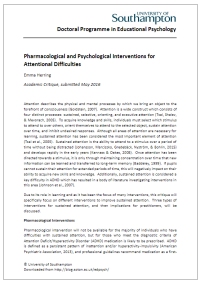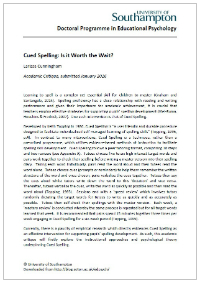Authors: Julia Thomson and Sarah Wright
Published: 2024
Publication: DECP Debate
Times Tables Rock Stars has become a popular digital intervention used in schools across the world. Through a mobile phone and tablet app schools can set homework and competitions in their school to encourage children to practice their times tables both during and outside of school. The app uses colourful characters and gamified incentives, such as the opportunity to earn coins, to engage pupils and keep them motivated in their times tables practice. In England Times Tables Rock Stars is marketed to primary schools in the context of the now statutory multiplication tables check (MTC) for pupils at the end of year four. Schools who sign up are able to access specific support in relation to the MTC, including a game within the app which mirrors the format of the MTC test. However, as yet there have not been any formal research studies exploring the effectiveness of Times Tables Rock Stars. Therefore, the following critique explores other research into similar digital interventions to start to address the question of whether Times Tables Rock Stars could be a useful intervention for increasing pupils’ multiplication tables fluency.
Thomson. J. & Wright, S. (2024). Times Tables Rock Stars: An Academic Critique. DECP Debate, 189, 14-25. https://doi.org/10.53841/bpsdeb.2024.1.189.14
Download (Pre-publication version)


